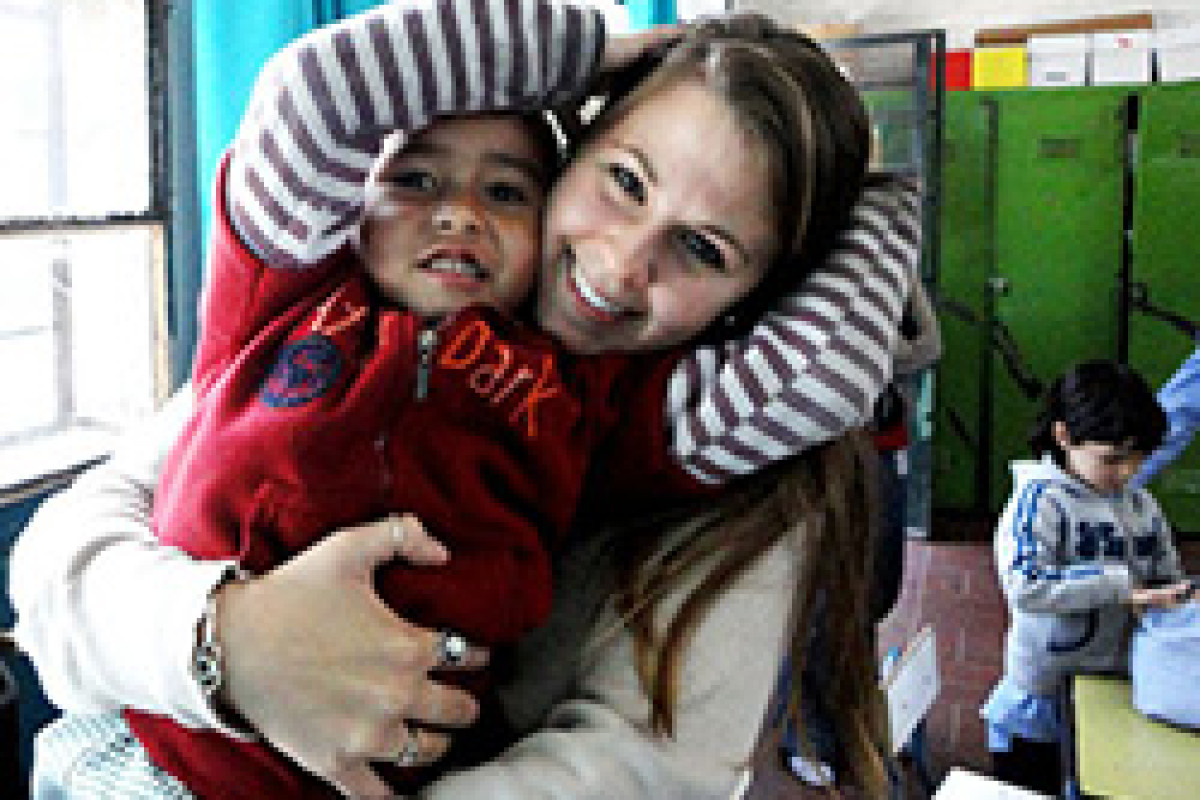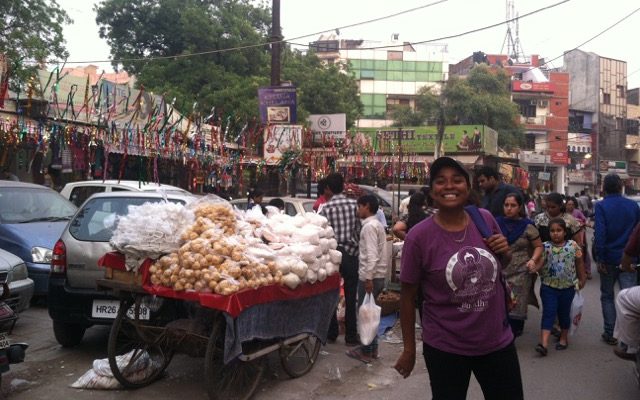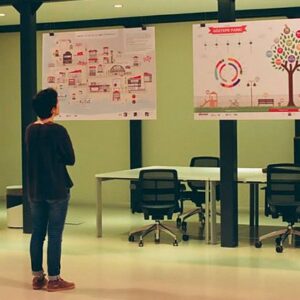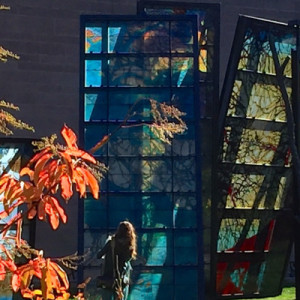Speaking Up for Women and Girls
Interest in women and girls and tangible actions to improve their lives continue to gain momentum. More and more people are speaking up for women and girls — and pursuing innovative ideas to enhance their economic security, education, health and welfare in the United States and throughout the world.
The work of the New York Women’s Foundation in New York City, where 25% of women live in poverty, is a premier example of innovative approaches to expand educational opportunities and economic security for women. Ana Oliveira, its CEO, recently shared stories of best practices with members and guests of the Fund for Women and Girls in Princeton, New Jersey.
Ana challenged the audience to “do something of significance” to support women and girls. She presented a compelling case to answer the question, “Why invest in women and girls?”
- … to level the playing field;
- … to underline that women and girls are “worthy” of investment;
- … to make effective and efficient change.
An investment in women, Ana explained, multiplies to enrich the social and economic ecosystem. Of each dollar invested in women, “82-85% is reinvested in the family.” Compare that with only a 50% familial reinvestment of funds focused on men. She deeply believes – and has data to support the assertion,”When women do well, families do well, communities do well, and men do well.”
When women do well, families do well, communities do well, and men do well.
The Women’s Foundation of New York also has dollars to back up this assertion. Since the economic downturn in 2008, the organization has upped its investment in women from $1 million to $5 million. The secret to their success is not mandating what must be done for women, but rather by asking women in the community what they need. “Listen to what the grantees tell you, they know better,” is a core value of the Women’s Foundation.
Listen to what the grantees tell you, they know better.
Ana firmly believes in a “cross-cultural community” engagement and an inclusive approach to investment. The entire community — service users and providers, funders and local government representatives work as partners — pursuing a “stubborn practice” of making sure “grantees lead” in living the issues, studying the issues, and funding the issues. Iteration is a common practice to “learn things as they are happening,” and revise programs as needed.
The grantees are “ingenious creators” who know their real needs. The Foundation plays the role of a forum “to bring together people.” And this “fierce group of people,” will act as catalysts for change.” Ana sees wonderful opportunities in crises to leverage opportunities to gather a variety of perspectives. Everyone has something to offer: “come as you are and do what you can.”
Come as you are and do what you can.
This inclusive approach means that anyone who wants to engage is welcomed to engage. The Foundation has great variation among its constituencies — from $5 a month sustainers to million dollar donors. All contributors are welcome and have a stake in the success of a program.
Listening to the grantees who know best has resulted in a intensive focus on women’s entrepreneurship and the incubation of small businesses. Innovative new endeavors have blossomed out of seed funding from the Women’s Foundation and the hard work of their partners including Hot Bread Kitchen. Hot Bread Kitchen is not only a robust bread business, it also is a business incubator and development program for food entrepreneurs, opening access to the food industry for immigrant and low-income women.
The New York Women’s Foundation has built a community based on empathy and focused on building regenerative partnerships. When people listen to each other and work together, all contributors have a stake in the success of programs that have potential for replication and scaling.
Ana took the time to share stories with members and guests at the Fund for Women and Girls. We can learn from her stories and reconfirm our commitment to working in partnership with organizations in the greater Princeton area that focus on women and girls.















No Comments Yet!
You can be first to comment this post!